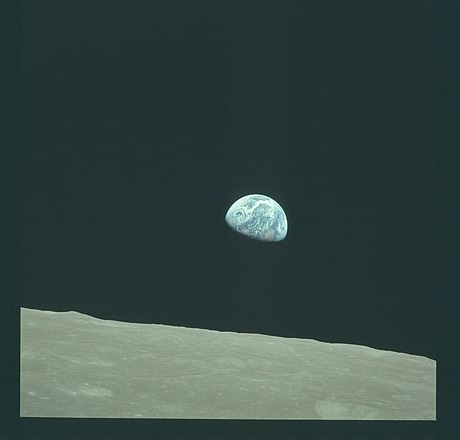sudden wisdom
unbidden enlightenment
Borobudur Buddhist Temple Yogyakarta, Java
Change in core stances & approaches
This is part three (the last) of a three-part exploration of ‘fast’ thinking. A binary model of thinking consisting of ‘fast’ thinking and ‘slow’ thinking—shown below as Type A and Type C—was made popular by Kahneman and Tversky (https://en.wikipedia.org/wiki/Thinking,_Fast_and_Slow). In this instance, their conceptualization has been modified with a more nuanced addition where ‘fast’ thinking has been adjusted to include Types B and ‘slow’ thinking to include D, as shown below. Here I will focus on Type B.
cognitive frames
Thinking is a complex activity embedded in complex contexts and environments. A cognitive frame is not a systemic boundary but a liminal demarcation of different influences.
cognitive frame influences
Reconfigured background practices and overview effects
‘Fast’ thinking in one form is affected by the paradigmatic entrainment of the thinker, their frame of mind, and their cognitive foundations. Philosopher Hubert Dreyfus describes our cognitive foundations, or core, as ‘background practices’ (https://ndpr.nd.edu/reviews/background-practices-essays-on-the-understanding-of-being/ ). These concepts are not easily understood and will not be discussed here in detail (you are welcome).
The Background—like white light—is what you can’t see, but which allows you to see everything else.
All Things Shining,
pg. 171
Hubert Dreyfus & Sean Dorance Kelly
background reconfiguration
However, it is possible to introduce a bit about the nature of ‘background practices’ — everyone has them, although most people remain unaware — through two examples. One is based on my own experience, and the other is based on the personal experience of astronauts and cosmonauts reported by them in their own words.
Experiencing unbidden reconfiguration
The personal experiences presented here are examples of ‘fast’ thinking Type B, which leads to ‘sudden wisdom’. In this narration, my experience is included as ‘fast’ thinking Type B because I experienced it as a sudden, unbidden, change in my core ability to make sense of things and to assign value to things that reveal themselves to me during any inquiry. This continues to influence my inquiring processes up to today. Such experiences are complex and are difficult or even impossible to articulate as others have witnessed. My experience occurred while I was visiting temple sites in Yogyakarta, Indonesia (https://www.nytimes.com/2025/01/20/travel/yogyakarta-indonesia.html)
I did not realize that I was unconsciously adding to a ‘saturated solution’ in my mind while visiting some selected holy sites in Java, when I visited Hindu, Buddhist, and Muslim temples that were exceptional physical exemplars of their distinct faiths — spiritually awe-inspiring, even to a neophyte.
Prambanan Hindu Temple
It was while visiting the famous Buddhist temple — Borobudur — that my core reconfiguration experience took place (https://whc.unesco.org/en/list/592/video/ )
Borobudur Buddhist Temple
I was exiting the temple site of Borobudur when I saw tables full of religious statuary and memorabilia for sale outside the temple grounds. I noticed the examples of several major religious groups, such as the Christian Jesus hanging wounded from His cross, a serene Buddha in deep contemplation, and the Hindu Shiva as Nataraja, Lord of the Dance, depicted in a dance that created, destroyed, and preserved the world. My unplanned encounter was the catalyzing ‘seed’ added to the supersaturated solution I had been adding to and stirring unknowingly. I suddenly sensed a clarity around the relationship between religions and cultures. I did not realize at the time that I had undergone a sudden, unbidden reconfiguration of my background practices, but it proved to be so.
Overview effect
Another example of ‘sudden wisdom’ involves separate individuals experiencing the same catalyzing seed — in this case, a view of the Earth — that changed the way they see their work and lives, that was different at their core.
The ‘Blue Marble’
This common experience among astronauts and cosmonauts became known as the ‘overview effect’ (
)
Thoughts on wisdom
Wisdom is not knowing and understanding everything comprehensively. Wisdom is knowing the value and meaning of things as they are revealed when shining a light on subjects of interest. Wisdom is prudent understanding of what actions would be wise as a result.









